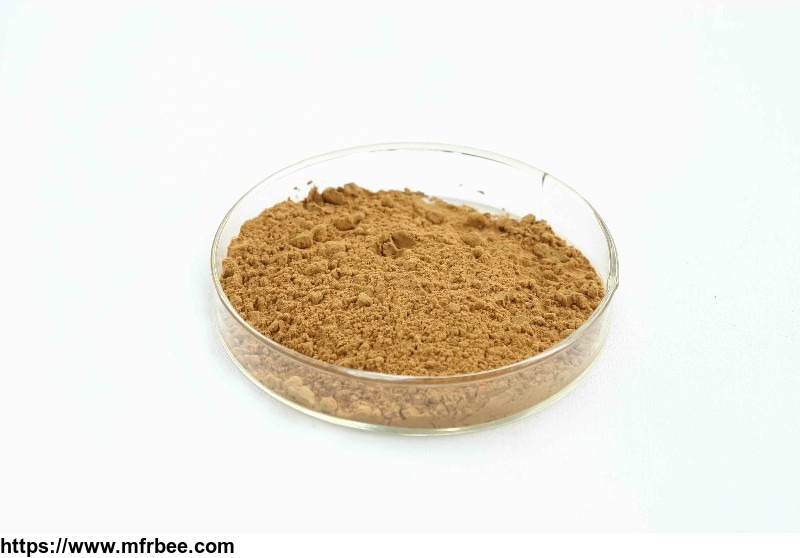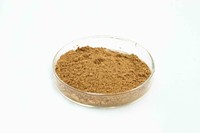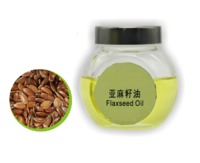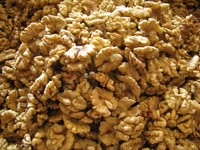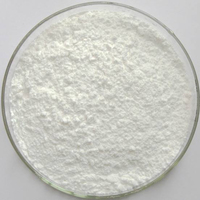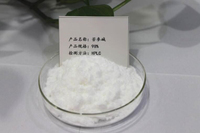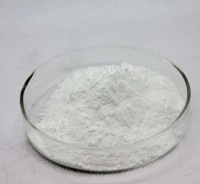Ginkgo Biloba Extract
Specifications
The efficacy and effect of ginkgo leaves
Ginkgo biloba can help improve memory, concentrate, remove harmful free radicals, help white blood cells fight infections, and improve physical and mental health. Studies have confirmed that it has the effect of promoting blood flow to the brain.
Increased blood flow can also prevent the risk of impotence and mild heart attack. Tinnitus is thought to be associated with poor blood circulation, and Ginkgo biloba can effectively improve this adverse effect. In addition, it is a powerful antioxidant.
The biggest feature of Ginkgo biloba is its ability to improve memory and attention. It only takes 4-5 weeks to see the obvious effect, and it does not have the same side effects as alcohol and coffee. Ginkgo can be used as part of breakfast or lunch.
Ginkgo is beneficial to the brain by diluting blood to increase blood flow, but this is not the only way to increase blood flow. This effect can also be achieved by exercise, and the benefits can be greater than drugs. Respiratory exercise is good for increasing blood circulation, such as yoga exercises can help control breathing to promote blood circulation. However, it should be clear that Ginkgo biloba leaves have no obvious therapeutic effect when blood flow is normal.
Ginkgo has a long history of medicinal and has a good reputation. But its positive impact usually takes a long time to form. Although there are no obvious side effects, as with anything, excessive consumption is also dangerous.
The medicinal value and application are extremely extensive. The use of advanced technology, technology and equipment, through further extraction, separation and purification, its pharmacological effects are more obvious, in addition to significant antagonistic PAF receptors, but also in anti-inflammatory, anti-allergic, dilated blood vessels, protection of cardiovascular and cerebrovascular, It can improve the peripheral blood circulation, lower serum cholesterol and assist cancer, and can be widely used in the prevention and treatment of cardiovascular diseases such as cardiovascular and cerebrovascular diseases.
It is understood that CFDA has approved dozens of dosage forms, including Ginkgo biloba leaves, capsules, granules, soft capsules, dispersible tablets, pills, mites, drops, oral liquids, and injections. In addition, CFDA has approved the production of ginkgolide injection from Chengdu Baiyu Technology and ginkgo diterpene lactone and its glucamine injection in Jiangsu Kangyuan in 2011 and 2012.
The standards and requirements for quality control of Ginko Biloba Extract and formulations are also increasingly standardized and rigorous. Dr. Qiao Hongxiang, Principal Investigator of Ginkgo Biloba, Zhejiang Institute of Traditional Chinese Medicine and Natural Medicine, pointed out that the current quality control standards for Ginko Biloba Extract remain on two active ingredients (flavonoids and lactones) and one toxic component (ginkgo acid). Only 30% of them are in the middle. The inclusion of proanthocyanidins in the control standards will help improve the quality of Ginko Biloba Extract.
Medicinal Value
Resistance to dementia and memory improvement
The scientists reviewed all published high-quality studies of ginkgo and mild memory impairment and concluded that ginkgo is significantly more effective than placebo in improving memory and sensory function. Ginkgo is widely used in Europe to treat dementia. Ginkgo is believed to help prevent or treat these brain disorders because it increases brain blood flow and its antioxidant function. Despite the scientific flaws in many clinical trials, Ginkgo biloba may increase the ability to think, learn, and remember in Alzheimer\'s patients.
Treatment of Hypertension
It can simultaneously reduce the adverse effects of blood cholesterol, triacylglycerol and very low-density lipoprotein on the human body, reduce blood lipids, improve microcirculation, and inhibit blood clotting. These have significant therapeutic effects on hypertension.
Treating Diabetes
At present, there are drugs used in place of insulin for diabetics in medicine, indicating that Ginkgo biloba has insulin-regulating blood sugar function, and many glucose tolerance tests have proved that it regulates blood sugar, improves insulin resistance, thereby reducing insulin antibodies and enhancing insulin. The sensitivity effect is obvious.
- Country: China (Mainland)
- Market: European Union,Americas,Middle East
- Founded Year: 2018
- Address: Room B-2721, Binjiang Business Bld, No.158, Zhongshan East Rd
- Contact: Minghui Wu
